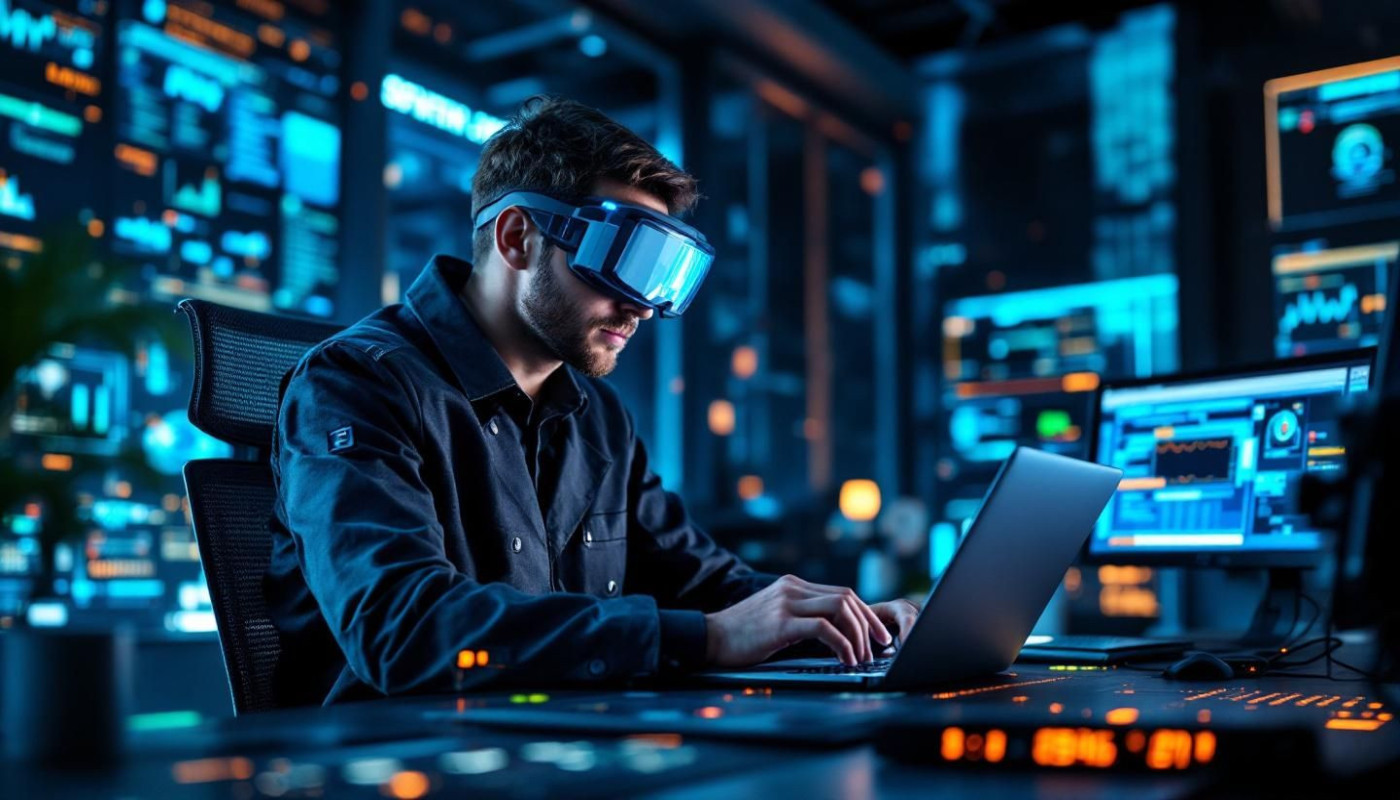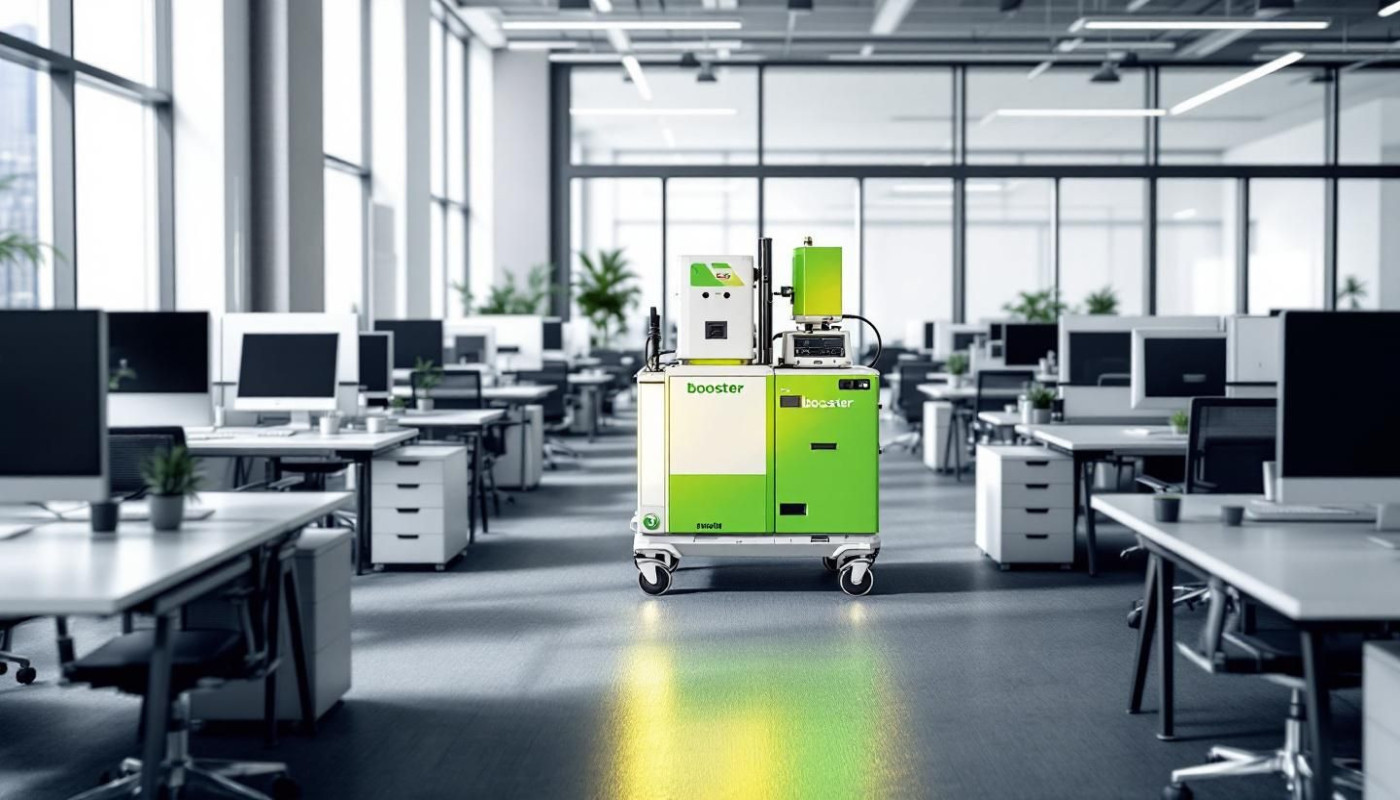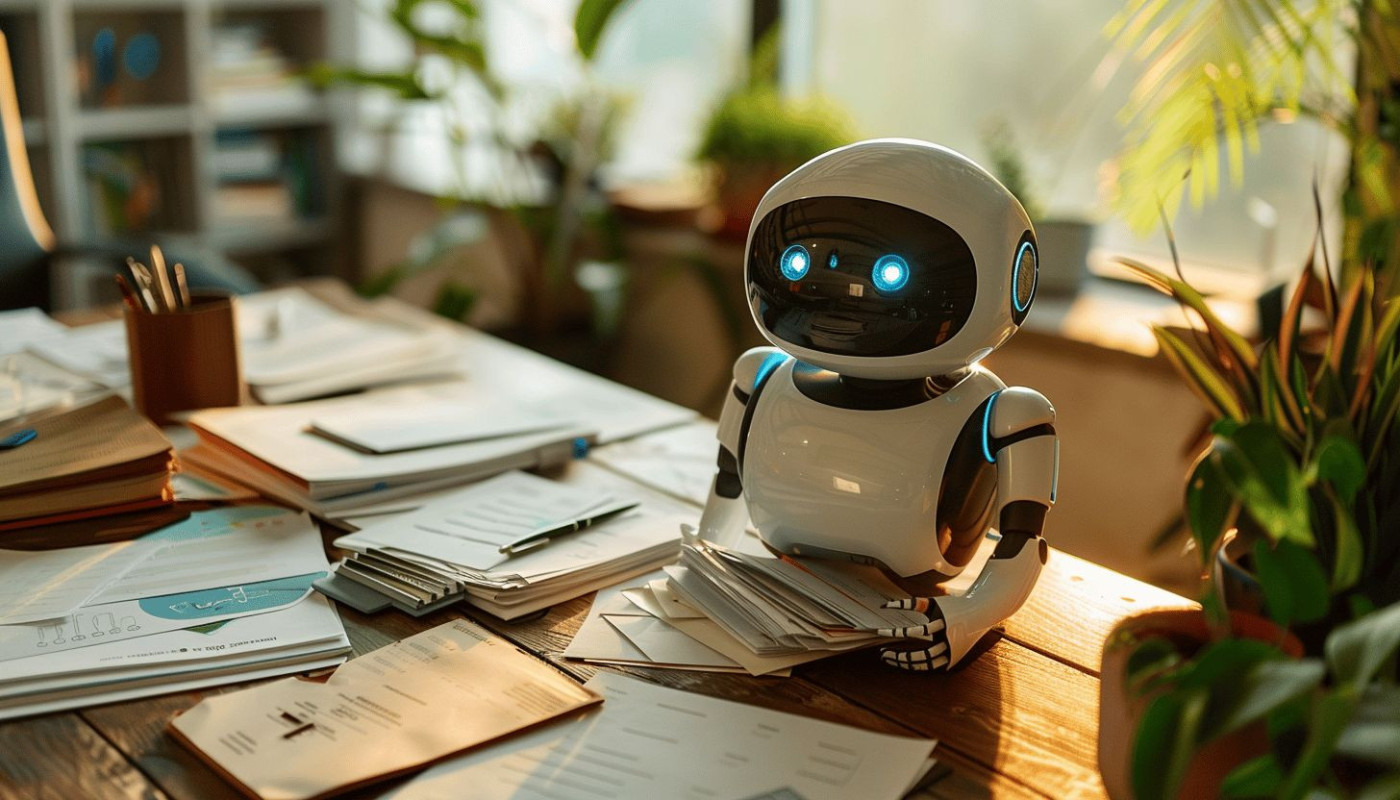Table of contents
The intersection of artificial intelligence and the creative industries is a riveting topic that stirs both excitement and apprehension. As machines begin to exhibit capabilities once thought to be the exclusive domain of human creativity, profound ethical considerations emerge. This exploration invites readers to delve into the complex tapestry of AI's role in creativity, examining the impacts and moral nuances of this technological evolution. The following discourse aims to unravel the ethical threads intertwined with AI's burgeoning presence in creative fields, prompting a thoughtful reflection on the future of human originality and the integrity of artistic expression.
Defining AI's Role in Creativity
Artificial intelligence has begun to carve a significant niche in creative industries, where its capabilities extend from generative design to content curation. Its contribution is multifaceted, enhancing efficiency and potentially democratizing the domain of creativity by making sophisticated tools accessible to a wider audience. Generative algorithms, a particularly sophisticated type of AI, can produce novel patterns, visuals, or even literary content, which raises the intriguing prospect of machines as co-creators or independent artists. Moreover, by streamlining repetitive tasks, AI allows human creators to allocate more time to the conceptual and nuanced aspects of their work. To understand the breadth and depth of AI's impact on creative processes, one could benefit from the insights of an AI ethicist, who could explore these technological advancements against a backdrop of moral and ethical considerations. Such experts are invaluable in examining the tension between artistic authenticity and algorithmic innovation inherent in the proliferation of AI in creative industries, generative design, content curation, democratization of creativity, and the broader spectrum of creative AI applications.
Intellectual Property Challenges
The advent of AI in the creative industries has ushered in a host of intellectual property considerations that are as complex as they are unprecedented. AI-generated content has blurred the lines of copyright law, raising pressing questions about who truly owns the creative outputs when they are the product of an algorithm. The current legal landscape is scrambling to catch up with the pace of technology, with many jurisdictions lacking clear directives on AI copyright issues. Ownership in AI creativity is a contested space, as the AI itself cannot legally possess rights, yet the user who initiated the process might not meet the traditional criteria of an author either. This conundrum poses significant legal challenges in AI, where copyright law struggles to adapt to a rapidly evolving digital frontier. To navigate these murky waters, the insights of a legal expert versed in copyright law and AI-generated content could provide invaluable clarity, unpacking the subtleties and charting the course for future legislation and creative practice.
The Ethics of Authenticity and Originality
In the realm of creative industries, the surge of artificial intelligence has sparked a significant debate on the ethical implications of AI, especially concerning authenticity in AI art and originality. Philosophers and ethicists with a focus on philosophical aesthetics are examining the profound ways AI challenges our traditional values of artistic expression. They ponder whether AI-generated artwork can possess the intrinsic quality of originality we often attribute to human-made art. With AI's capability to learn from existing styles and generate new pieces, the question arises: do these creations hold the same artistic value as those born from human imagination? This conundrum not only impacts how we evaluate AI and artistic value but also the legal and moral rights concerning the generated works. As we continue to grapple with these controversies, it is intriguing to observe how platforms like site leverage AI to produce visual content, further blurring the lines between human and machine creativity. The ethical implications of AI in this context are multifaceted, challenging the core principles of what we consider to be authentic and original in the world of art.
Impact on Employment in Creative Sectors
The integration of AI into creative sectors has stirred a debate surrounding the future of employment in these industries. A key concern is the notion of AI job displacement, as machines capable of learning and creating art could ostensibly replace human roles. Yet, this perspective is countered by the argument that AI can serve to augment human creativity, fostering a new type of human-AI collaboration that could lead to unprecedented forms of art and innovation. In light of such technological advancements, there is an undeniable need for reskilling for AI. To adapt, artists and creative professionals may need to acquire new skills that enable them to work alongside intelligent machines, blending traditional practices with cutting-edge AI tools. Moreover, AI's impact on artists is not solely about job security but also about the evolving nature of creativity and the definition of art. As society navigates these shifts, it becomes imperative to understand labor market dynamics, underscoring the importance of guidance from economists or futurists who can shed light on the future of creative jobs and the potential trajectories of employment in the face of AI's rising influence in creative realms.
Ensuring Ethical AI Development and Use
In safeguarding the integrity of creative endeavors, it is imperative to ensure the ethical development and utilization of artificial intelligence (AI). This involves a commitment to AI transparency, which requires developers to disclose how AI systems make decisions and the data they use. Such openness is foundational in fostering trust and understanding among users and stakeholders. Equally vital is AI accountability, whereby creators and operators of AI systems must be held responsible for the outcomes of their technologies, including any unintended consequences. To prevent AI misuse and promote ethical practices, the establishment of robust guidelines for AI in creativity is necessary; these should address concerns like bias, privacy, and the potential for AI to unduly influence or replace human creativity.
Additionally, incorporating ethical AI development principles ensures that AI systems are designed with human values in mind, balancing innovation with respect for individual rights and societal norms. A professional in the domain of AI governance or ethics may recommend implementing 'responsible AI frameworks', which offer structured guidance on maintaining ethical standards while fostering constructive advancements in AI. Such frameworks provide a blueprint for navigating the complex moral landscape of AI integration into creative sectors, ensuring the technology augments rather than detracts from human creativity. Through these measures, it is possible to cultivate an environment in which AI serves as a positive catalyst for innovation, while vigilantly preventing AI misuse and protecting the essence of human interests.
On the same subject











